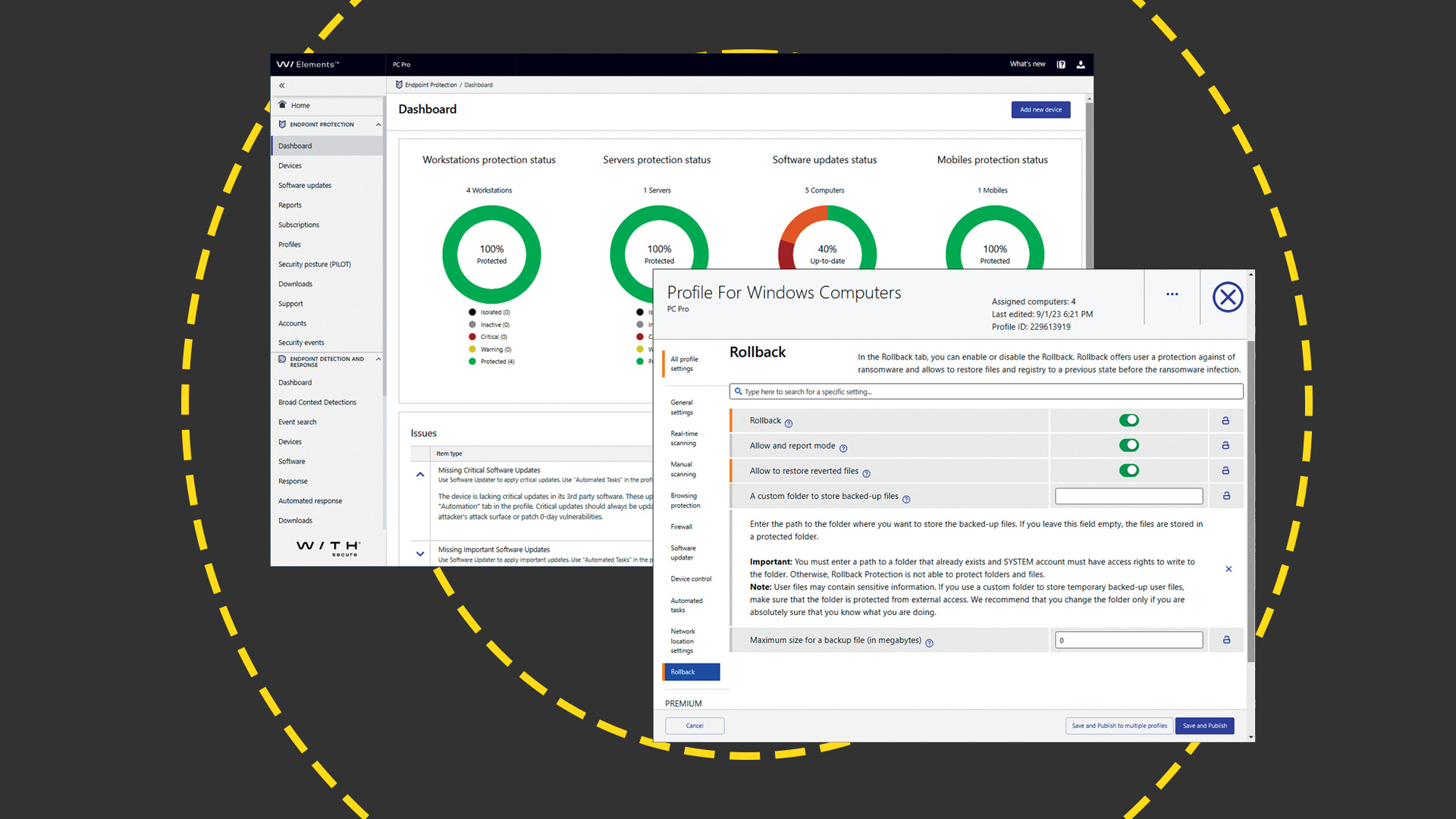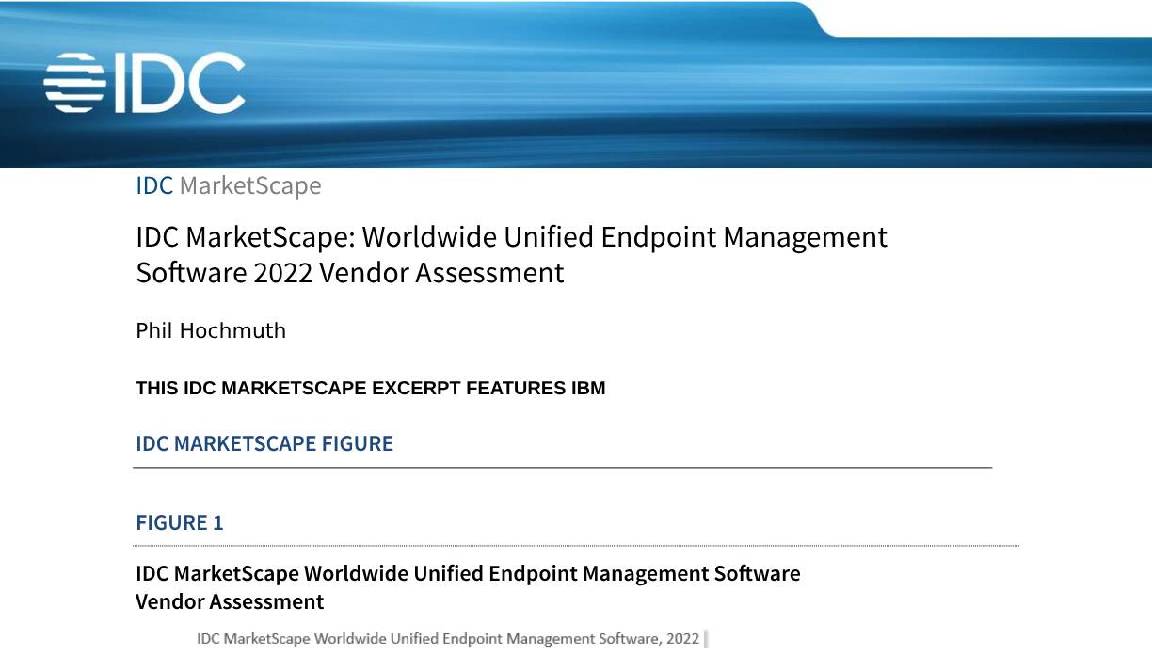Hackers turn to 'silent stealing' in bid to exploit home workers
Cyber criminals are abandoning large-scale heists in favour of scams that earn them significantly smaller amounts of money


Cyber criminals are abandoning huge money heists in favour of small-scale scams that targeting individuals working from home during the pandemic.
This is according to a new report by the Royal United Services Institute (RUSI) which reports that cyber fraudsters have reinvented themselves during the pandemic.
Dubbed “silent stealing”, the new go-to tactic is based on “a working hypothesis that criminals are going down market”.
The RUSI report states that, although “trying to steal £10 million from a bank is an option”, cyber criminals are opting to carry multiple heists for significantly smaller amounts of money.
“Stealing £10 a hundred thousand times is going to give you a good return and probably go below the radar,” says the report. “Are you going to call Action Fraud or your bank in the case where you lose £10?”
For many, the answer is no, likely due to fears of not being taken seriously or a simple lack of time to report the theft.
The report also warns that those who have taken to working from home in recent months are especially vulnerable to being scammed, as criminals seek to exploit the cyber security vulnerabilities that have resulted from the shift to online/home working.
Get the ITPro daily newsletter
Sign up today and you will receive a free copy of our Future Focus 2025 report - the leading guidance on AI, cybersecurity and other IT challenges as per 700+ senior executives
RELATED RESOURCE

How to improve cyber security for remote working
13 recommendations for security from any location
Recent research from Cisco found secure access to be the top cyber security challenge when supporting remote workers, with more than half of corporate laptops (56%) and personal devices (54%) being difficult to protect while employees are working remotely. Moreover, 60% of those surveyed said that they are worried about the privacy of remote collaboration tools.
Brett Beranek, VP & general manager of Security & Biometrics Line of Business at Nuance Communications, told IT Pro that the RUSI report’s findings “should come as no surprise”.
“Fraudsters don’t stop their crimes because of a pandemic. In fact, they often seize the immense change that comes with an event like this to ramp up their activity – changing tactics and targeting individuals and businesses whilst they are at their most vulnerable and least protected in order to manipulate their data and steal their personal information,” he said, before recommending the use of biometric technology in order to ensure a secure online presence.
Having only graduated from City University in 2019, Sabina has already demonstrated her abilities as a keen writer and effective journalist. Currently a content writer for Drapers, Sabina spent a number of years writing for ITPro, specialising in networking and telecommunications, as well as charting the efforts of technology companies to improve their inclusion and diversity strategies, a topic close to her heart.
Sabina has also held a number of editorial roles at Harper's Bazaar, Cube Collective, and HighClouds.
-
 Cleo attack victim list grows as Hertz confirms customer data stolen
Cleo attack victim list grows as Hertz confirms customer data stolenNews Hertz has confirmed it suffered a data breach as a result of the Cleo zero-day vulnerability in late 2024, with the car rental giant warning that customer data was stolen.
By Ross Kelly
-
 Lateral moves in tech: Why leaders should support employee mobility
Lateral moves in tech: Why leaders should support employee mobilityIn-depth Encouraging staff to switch roles can have long-term benefits for skills in the tech sector
By Keri Allan
-
 Busting nine myths about file-based threats
Busting nine myths about file-based threatsWhitepaper Distinguish the difference between fact and fiction when it comes to preventing file-based threats
By ITPro
-
 The Total Economic Impact™ of the Intel vPro® Platform as an endpoint standard
The Total Economic Impact™ of the Intel vPro® Platform as an endpoint standardWhitepaper Cost savings and business benefits enabled by the Intel vPro® Platform as an endpotnt standard
By ITPro
-
 The Total Economic Impact™ of IBM Security MaaS360 with Watson
The Total Economic Impact™ of IBM Security MaaS360 with WatsonWhitepaper Cost savings and business benefits enabled by MaaS360
By ITPro
-
 WithSecure Elements EPP and EDR review: Endpoint protection on a plate
WithSecure Elements EPP and EDR review: Endpoint protection on a plateReviews An affordable cloud-managed solution with smart automated remediation services
By Dave Mitchell
-
 KuppingerCole leadership compass report - Unified endpoint management (UEM) 2023
KuppingerCole leadership compass report - Unified endpoint management (UEM) 2023Whitepaper Get an updated overview of vendors and their product offerings in the UEM market.
By ITPro
-
 The Total Economic Impact™ of IBM Security MaaS360 with Watson
The Total Economic Impact™ of IBM Security MaaS360 with WatsonWhitepaper Get a framework to evaluate the potential financial impact of the MaaS360 on your organization
By ITPro
-
 Unified endpoint management software vendor assessment
Unified endpoint management software vendor assessmentWhitepaper Make positive steps on your intelligent automation journey
By ITPro
-
 PowerEdge - Cyber resilient infrastructure for a Zero Trust world
PowerEdge - Cyber resilient infrastructure for a Zero Trust worldWhitepaper Combat threats with an in-depth security stance focused on data security
By ITPro